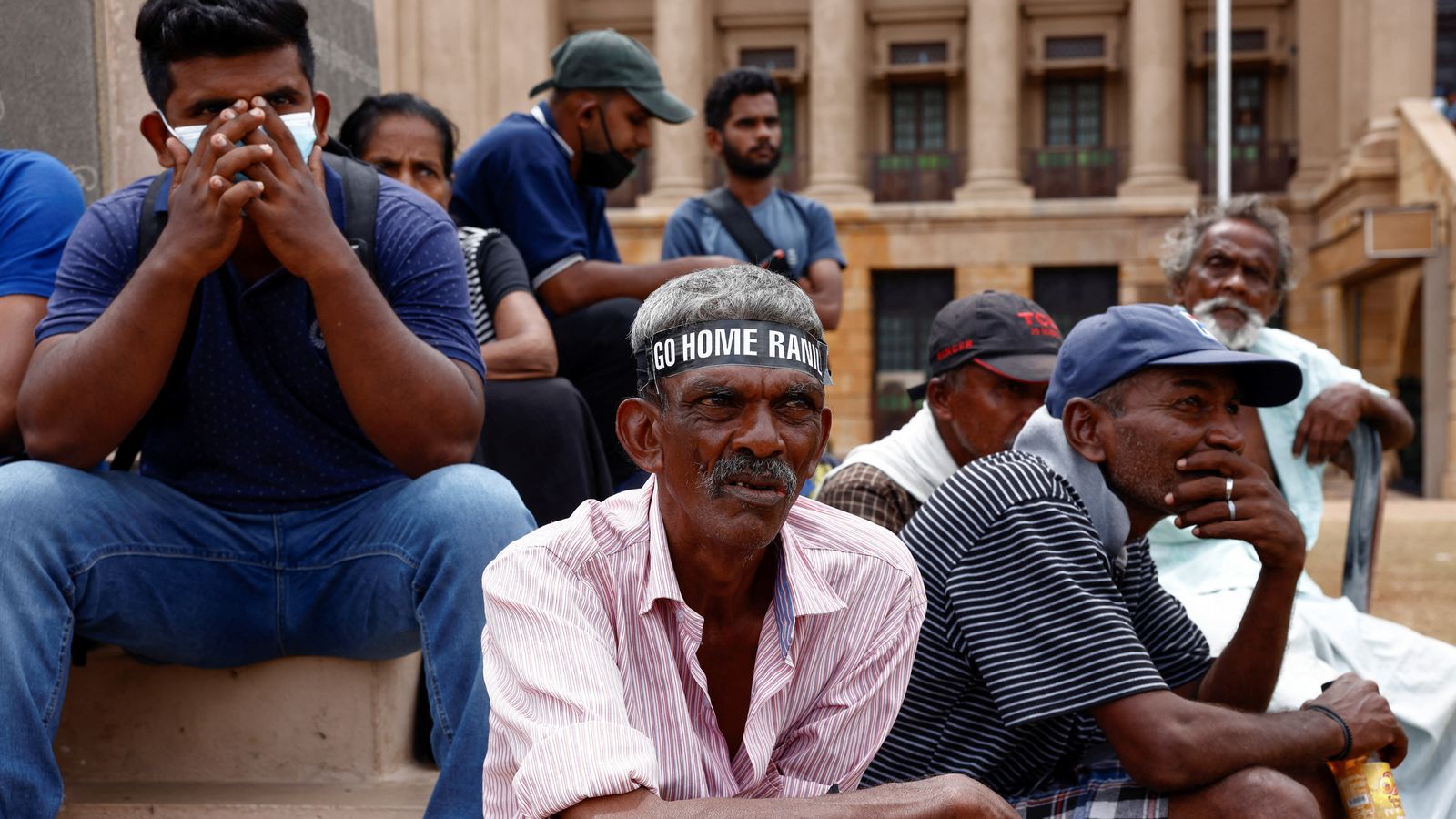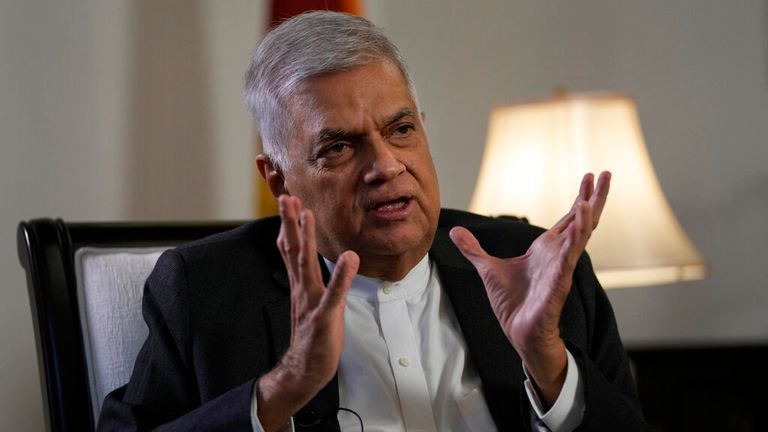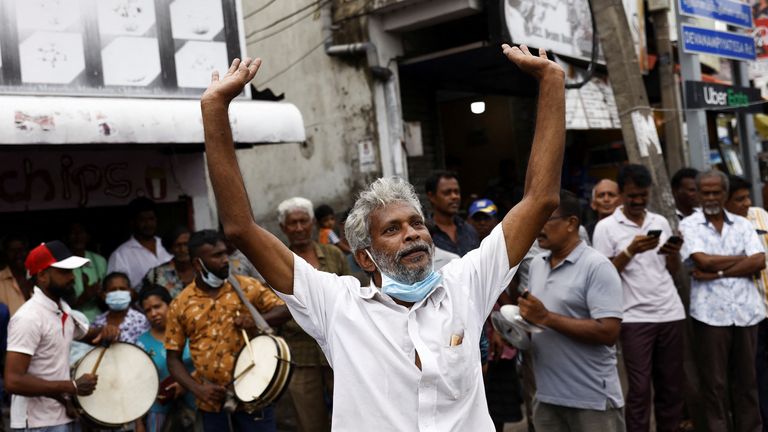Sri Lanka’s acting president has become the country’s new permanent leader after being selected in a parliament vote.
Ranil Wickremesinghe was appointed as the prime minister in May 2022 but was temporarily placed in charge of the presidency on 13 July after his predecessor Gotabaya Rajapaksa fled to the Maldives.
Sri Lanka is in the midst of an economic crisis and has been unable to pay for crucial imports like food, fuel and medicine.
Mr Rajapaksa fled after thousands of protesters stormed his presidential residences and other government buildings, demanding his resignation.
Sri Lankans had previously called for Mr Wickremesinghe to resign as prime minister, with protestors burning down his private home and storming the prime ministerial office in Colombo.
Mr Wickremesinghe defeated his main rival for the position, Dalus Alahapperuma, with 134 votes to 82.
Following his election, the new leader told MPs that Sri Lanka is “in a very difficult situation, adding “we have big challenges ahead”.
He will be hoping to restore political stability so Sri Lanka can resume negotiations with the International Monetary Fund for a bailout package after talks stalled recently.
But his election may cause further protests with opponents calling on Mr Wickremesinghe to step down.
He has previously held the role of prime minister six times and has been involved in Sri Lankan politics for 45 years.
Around 100 people gathered on the steps of the presidential secretariat, with one protestor saying they are “shocked”.
“He’s a person handling things in a very cunning way,” protester Damitha Abeyrathne said of Mr Wickremesinghe.
“He will start controlling us in a different way. As protesters, we will start our struggle again.”
Chameera Dedduwage, an organiser of previous protests, said one of the goals of the movement was the removal of Mr Rajapaksa, and with that achieved, it “will have to be satisfied with its primary demand”.
“Unlike GR, Ranil is not a populist: he’s known to be a ruthless pragmatist,” Mr Dudduwage said.
Following the result, the speaker, Mahinda Yapa Abeywardena, postponed parliament until 27 July.



